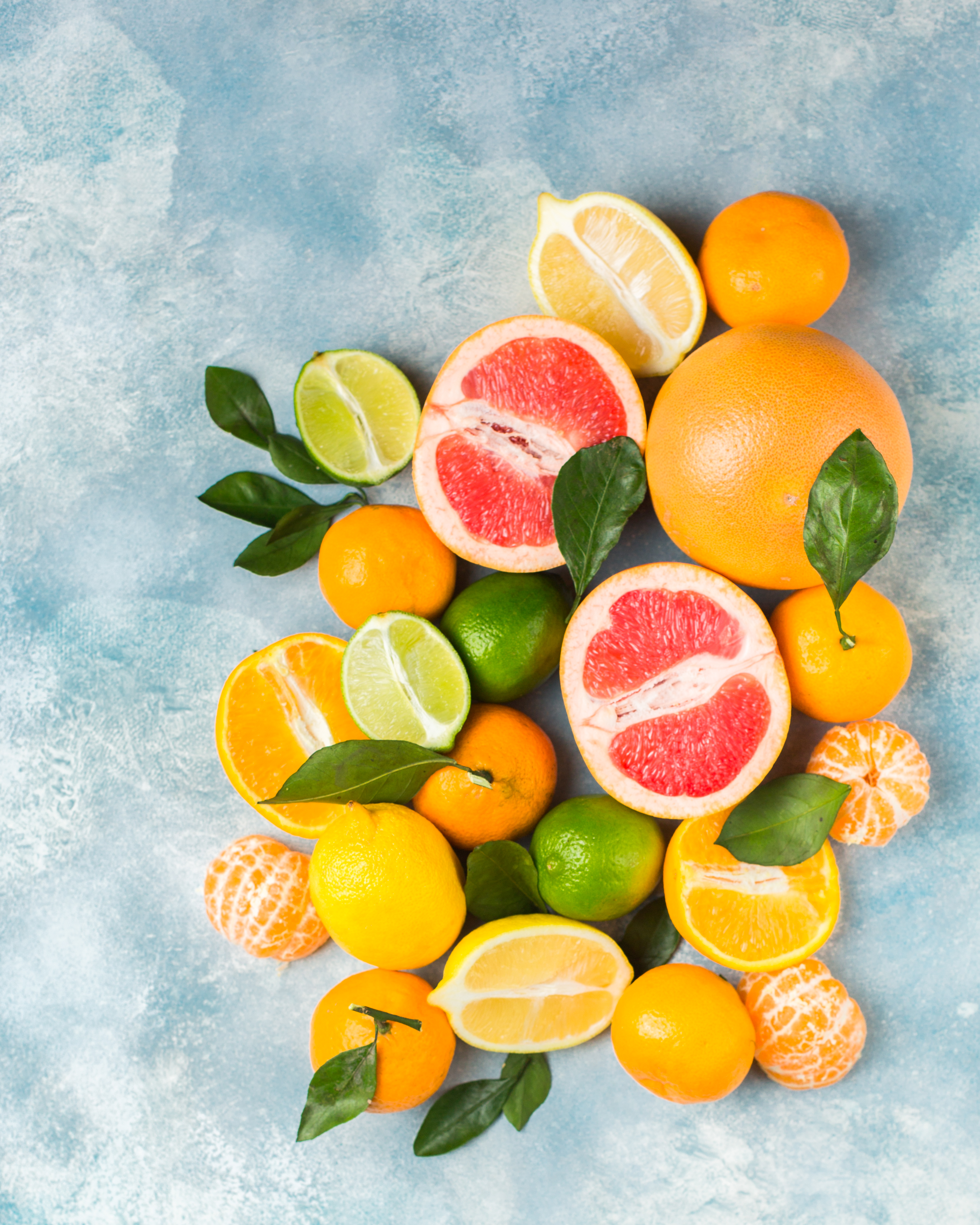What to Eat if You Have Gout
Gout is a type of arthritis which is caused by elevated uric acid levels in the body, and can lead to painful inflammation in the feet, hands and fingers. However the right diet can drastically cut down on its painful side effects.
Table of contents
- What is Gout?
- What is Uric Acid?
- How Can Diet Affect Gout?
- What Should I Eat if I Have Gout?
- What Shouldn’t I Eat if I Have Gout?
What is Gout?
Gout is a type of arthritis caused by the body’s inability to metabolize uric acid, which results in elevated levels of uric acid in the blood. When uric acid levels are too high, the acid manifests as deposits in the joints or tissue, which results in painful joint inflammation. The good news is that gout can normally be controlled by a change in lifestyle alone.
What is Uric Acid?
Uric acid is produced during the body’s breakdown of a chemical compound called purines, which are present in every cell of our body. Every day the body builds new cells and breaks down old ones, a process which releases the purines, from which uric acid is produced. Purines, and ultimately uric acid, is also ingested in the body through many types of plant and animal foods and beverages.
How Can Diet Affect Gout?
A change in diet is the recipe for success when it comes to both the prevention and treatment of gout. The aim is to permanently lower uric acid levels in order to prevent renewed attacks of gout and to avoid complications. Inadequate treatment can lead to chronic joint inflammation, kidney stones, kidney weakness or even kidney failure.
What Should I Eat if I Have Gout?
When it comes to gout, a diet low in purines and fructose is your best option. You should aim to consume no more than 500 milligrams of uric acid per day. Fish, meat, yeast extracts and some legumes are all high in purines.
Diets high in fructose have also been shown to incite attacks of gout, as fructose impedes the body’s excretion of uric acid and thus promotes attacks of gout. Fructose is not only found in fruit and sugary soft drinks, but also in numerous standard grocery store products such as fruit yogurt, ice cream or pizza.

Soda is high in fructose, which can exacerbate pain and side effects associated with gout.
Last but not least, what you drink is important in managing your gout symptoms. Consuming at least two to three liters of water a day and avoiding alcohol will help your body manage your gout.
Being overweight can also aggravate gout symptoms. Maintaining a normal weight helps to balance the body’s levels of uric acid, and also exerts less pressure on joints. However, fasting or extreme diets aren’t suitable. A rapid reduction in body fat and muscle mass can produce so-called ketone bodies, which can trigger gout attacks.
These foods are particularly beneficial if you have gout:
Coffee: Not so long ago, gout patients were advised against drinking coffee. However more recent research has shown that the chlorogenic acids in coffee can actually reduce uric acid levels in the body. Three to four cups of coffee can have a notable effect on symptoms, and decaffeinated coffee is just as powerful as caffeinated varieties.
Milk Products: While gout sufferers should limit their consumption of meat and fish, milk and low-fat dairy products can be eaten daily. Low-fat dairy products are low in purines and rich in the certain kinds of proteins called casein and lactalbumin, which stimulate uric acid excretion in the kidneys.

Oranges' high vitamin C content makes them a beneficial food for gout sufferers.
Vitamin-C Rich Foods: Studies have shown that 500 milligrams of vitamin C per day can promote the kidney’s secretion of uric acid. Fruits and vegetables such as sweet peppers, oranges, broccoli and spinach are all great sources of vitamin C.
What Shouldn’t I Eat if I Have Gout?
Refined Sugar: Fruit yogurts, candy, granola bars and other sweet snacks are often sweetened with refined sweeteners that are high in fructose, which increases the metabolism of purines, therefore raising uric acid levels in the blood.
Beer: Regular alcohol consumption has been shown to incite symptoms of gout. Beer is especially bad for gout, as it’s concentration of alcohol and yeast releases high amounts of purines into the body.
Meat: High meat consumption is probably the best known cause of gout attacks. Meat is high in purines and contains saturated fatty acids, which inhibit the metabolism of fat and thus make the body more resistant to insulin, which ultimately hinders the kidneys’ ability to excrete uric acid.
















